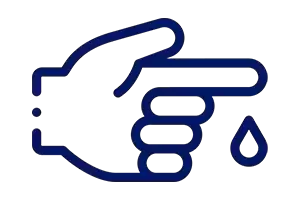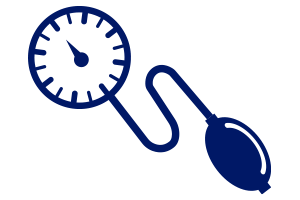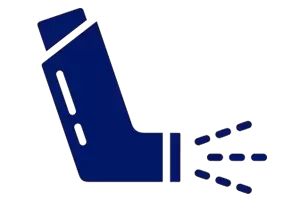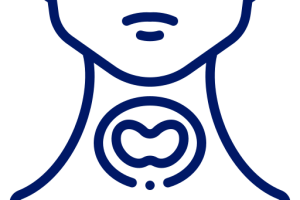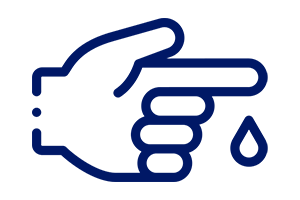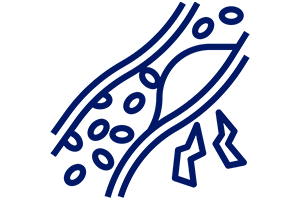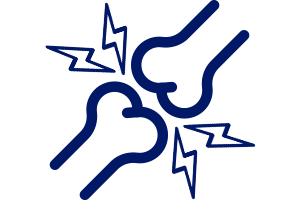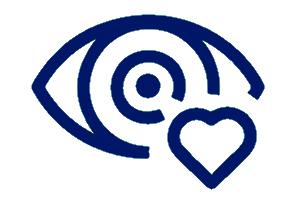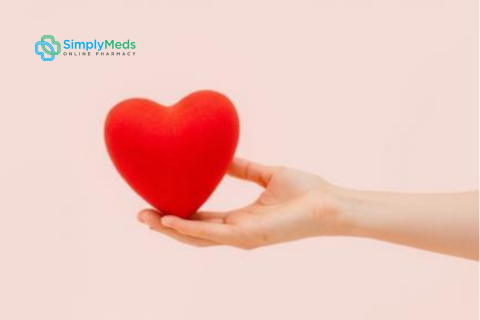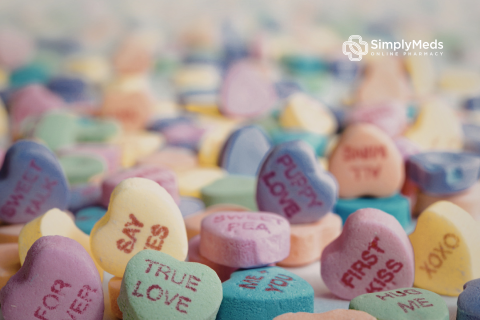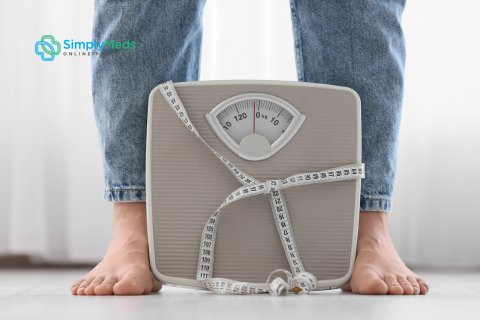When UTIs Don’t Respond To Antibiotics
Jan 22, 2018
Cystitis / UTI
UTIs are urinary tract infections which affect the bladder, kidneys and urethra. Cystitis is a common UTI that mainly affects women.
Most UTIs clear up after a few days and only occur occasionally. The urinary tract incorporates the bladder, kidneys and urethra and each part is susceptible to infection.
Most UTIs are caused by a bacterial infection and are treated with antibiotics. Symptoms include; an urgency to urinate, strong smelly urine, passing blood and generally feeling unwell. UTIs in the bladder and urethra may spread to the kidneys and become more serious.
Most of the time UTIs clear up themselves or with antibiotics. Interstitial cystitis is caused by damage to the bladder and cannot be cured with antibiotics. If your UTI persists it is important that you seek medical help so that it doesn’t become serious and make you very ill.
Causes Of UTIs
The urinary tract consists of the bladder, urethra, kidneys and ureters which process urine. Both sexes can are susceptible to such infections but women are more prone to them.
Women tend to catch UTIs more than men because their urethra is shorter and closer to their back passage. Urinary tract infections have a number of causes including; menopause, sexual intercourse and contraception.
All of these disrupt the balance of bacteria in the urethra and bladder resulting in an infection. Other reasons why people contract UTIs include; conditions where the bladder doesn’t empty properly, kidney stones causing a blockage, a weak immune system, if you use a catheter or you have had recent surgery on your urinary system.
You can avoid UTIs by having showers instead of baths, wiping from front to back, drinking plenty of liquids, wearing loose clothing and going to the toilet regularly. You must also empty your bladder after sexual intercourse and avoid using a diaphragm or cap for contraception.
Cystitis
Cystitis is the most common urinary tract infection and very recognisable. The symptoms are in line with most UTIs and the condition rarely requires medical intervention.
Most people treat cystitis at home by drinking a lot of water, taking painkillers, applying hot water bottles and resting. If these measures are unsuccessful you doctor with prescribe antibiotics and it will clear up quickly after that.
Some people suffer from cystitis regularly while others very rarely. Interstitial cystitis has similar symptoms to UTIs but is not caused by a bacterial infection. Antibiotics are ineffective when treating this type of cystitis. Middle-aged women are most susceptible to this type of cystitis which tends to be a physical problem. Some women only suffer mild symptoms occasionally while others are in constant pain. This type of cystitis is very painful and has similar symptoms to a bacterial infection.
Symptoms of interstitial cystitis include; a very painful pelvis, a strong need to urinate, frequently going to the toilet during the day and night. The cause of this type of cystitis is still a mystery although there are many theories.
Pain is a result of inflammation of the bladder which is possibly damaged by your immune system or an allergic reaction. Conditions such as fibromyalgia, chronic fatigue syndrome, irritable bowel syndrome and lupus may also cause the condition. Lifestyle changes are the most effective form of treatment for interstitial cystitis.
Antibiotics will not relieve symptoms at all because it is not a bacterial infection. Avoid stress, trigger foods, smoking, alcohol and take regular toilet breaks. There are a number of medications that relieve the symptoms and physiotherapy are also recommended. Your doctor will help you to find treatments that will help to ease the pain.
When Antibiotics Don’t Work
Antibiotics can only cure UTIs if they are a bacterial infection. Antibiotics will not cure conditions like interstitial cystitis.
Another reason antibiotics are less effective is due to overuse. Some infections are becoming immune to antibiotics and becoming superbugs. If UTIs don’t get better after a course of antibiotics it is important that you visit your doctor to find the root of the problem. To review and purchase treatment for UTIs please click here.

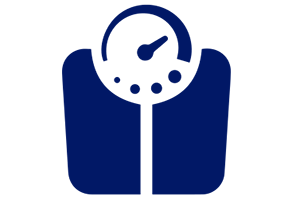
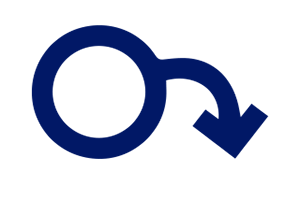

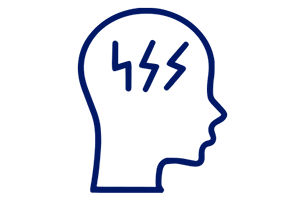
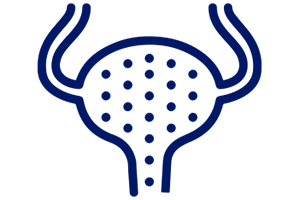
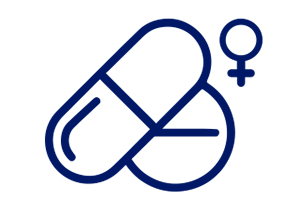

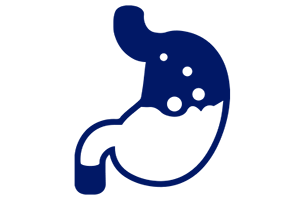
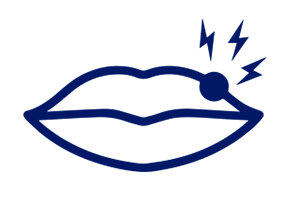
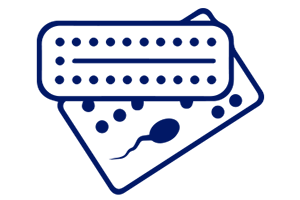
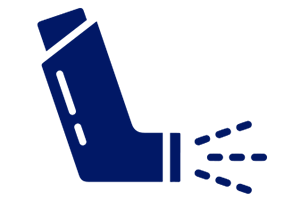
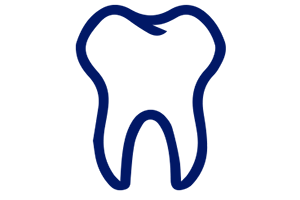

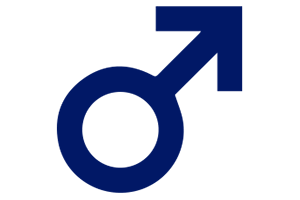
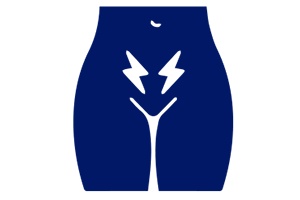
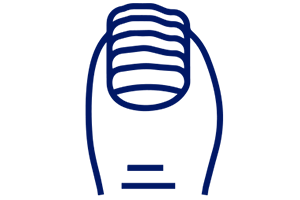
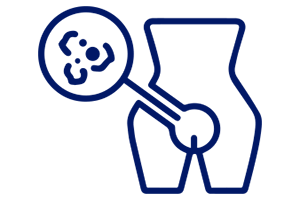





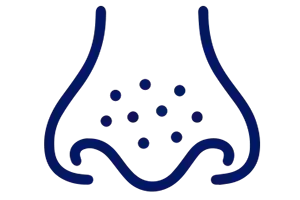


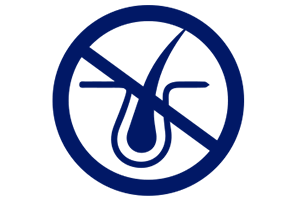

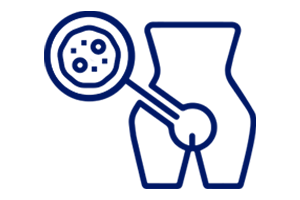
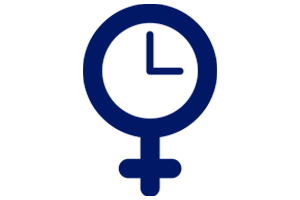
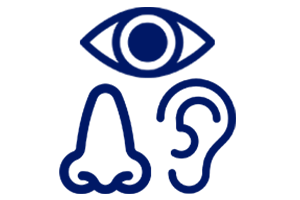
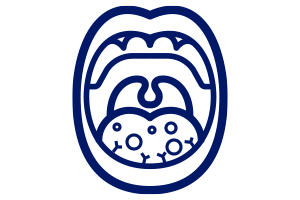




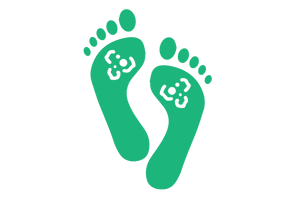


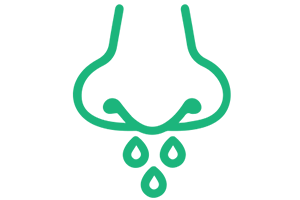
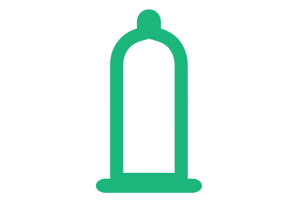
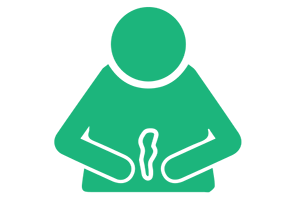
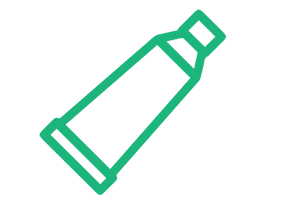
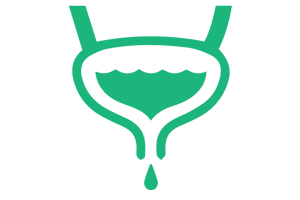
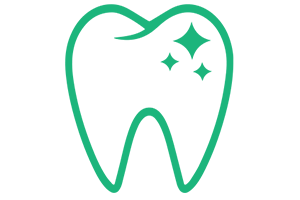
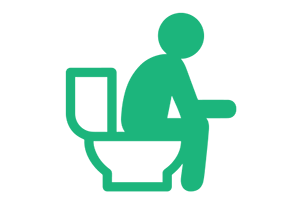
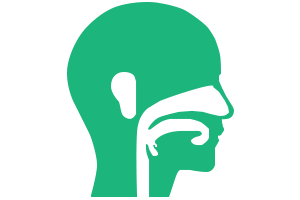
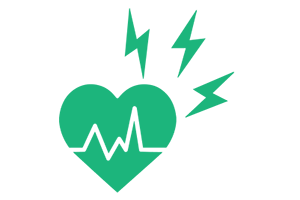


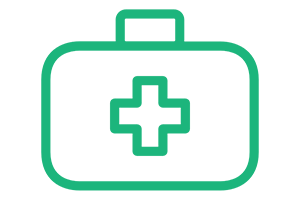

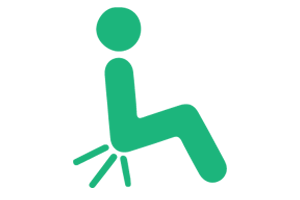



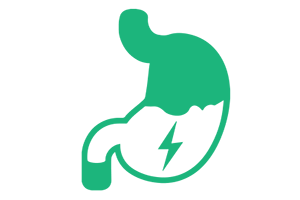

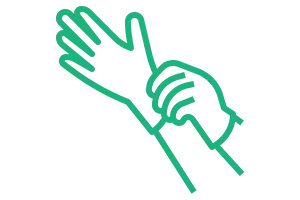

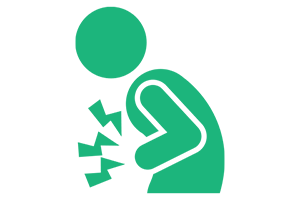
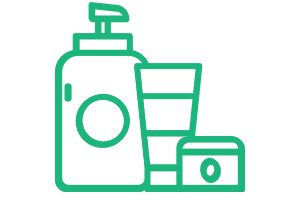
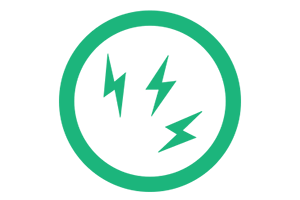

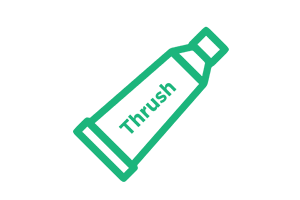


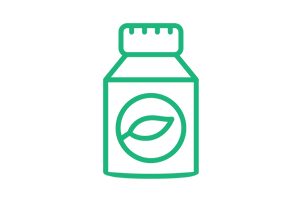
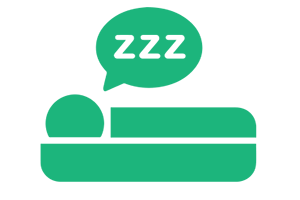




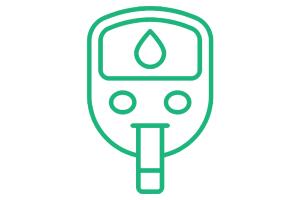





 Account
Account
